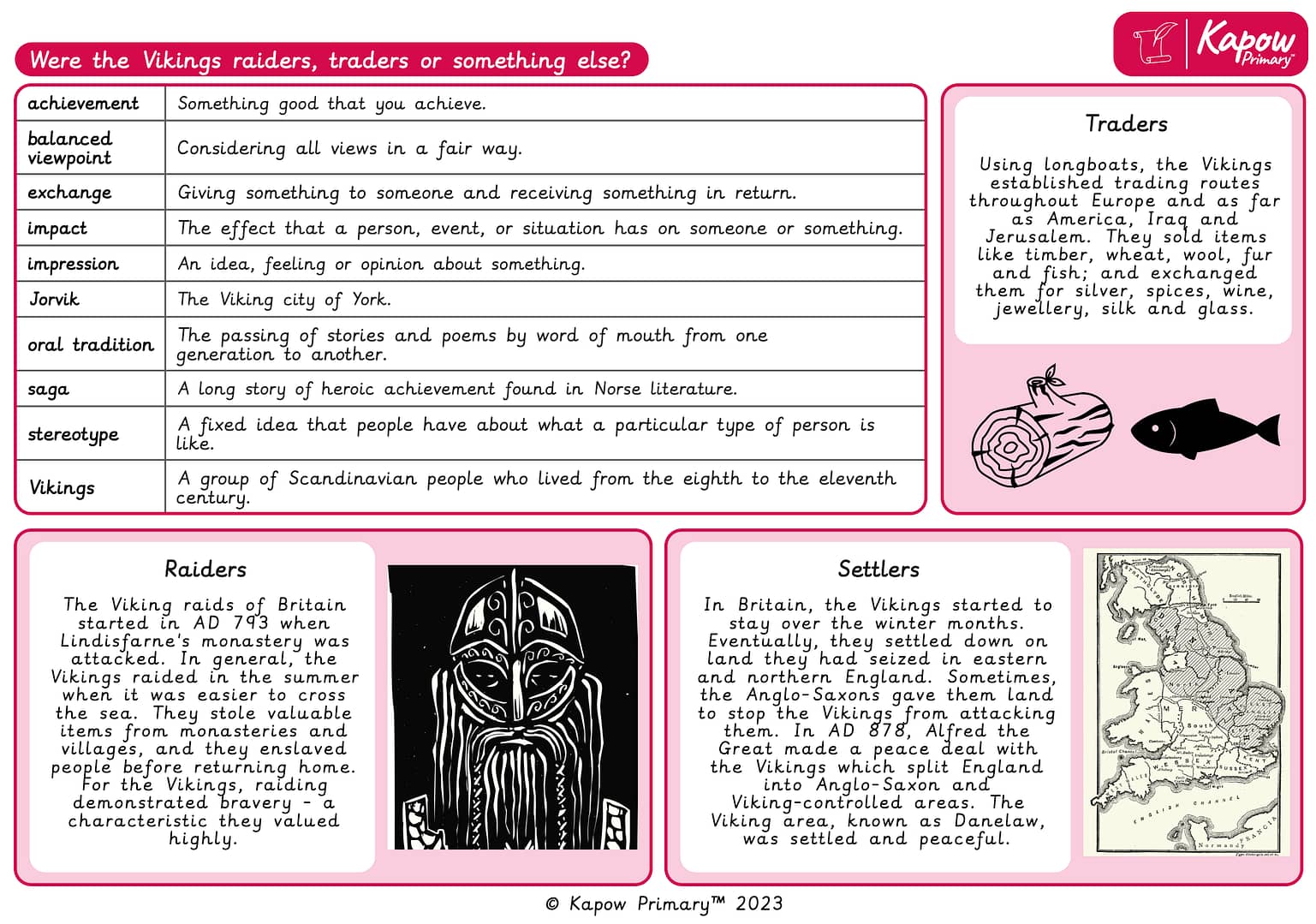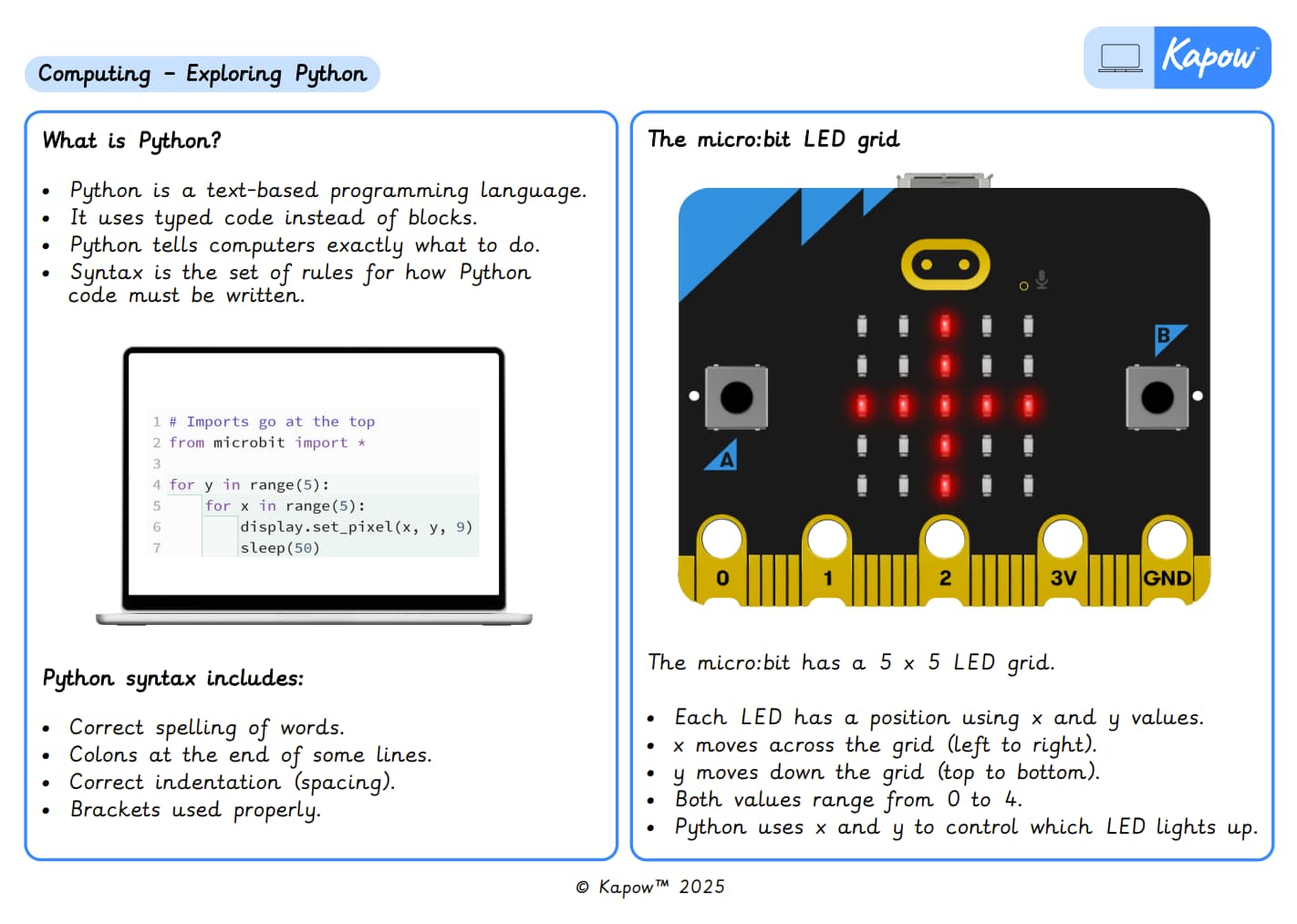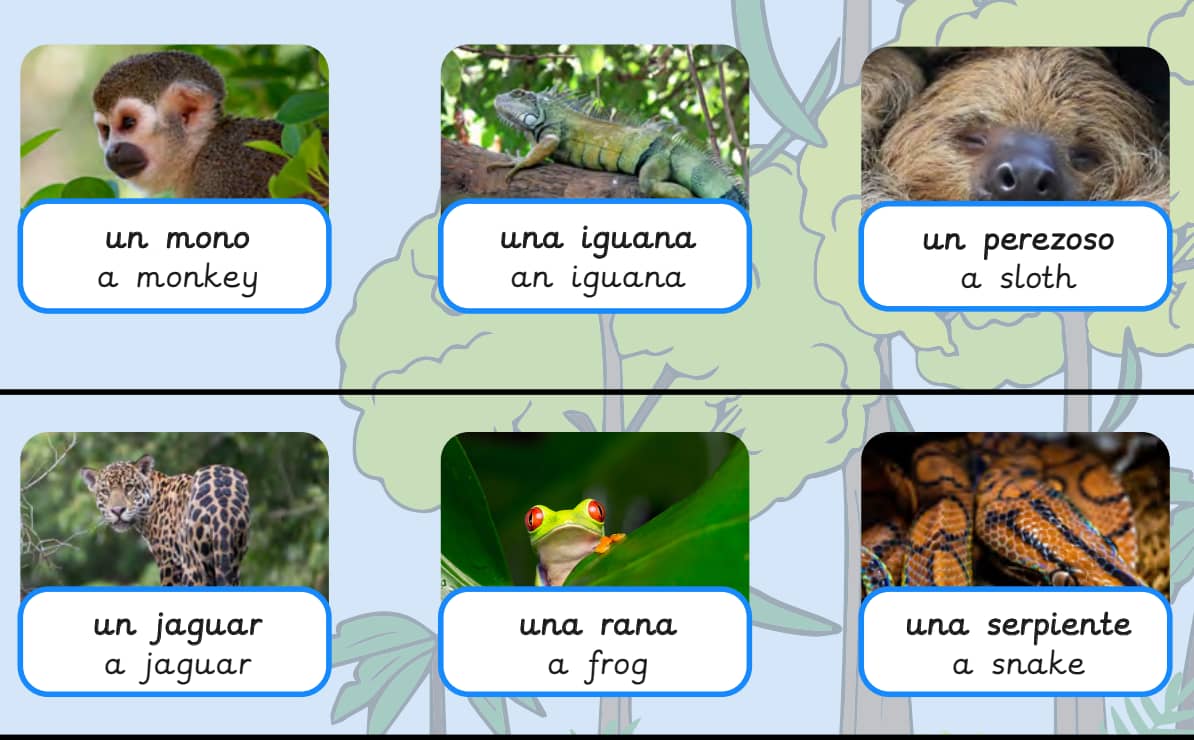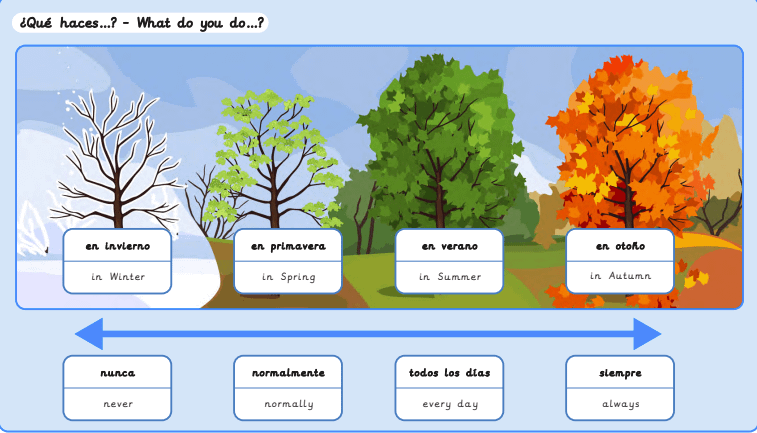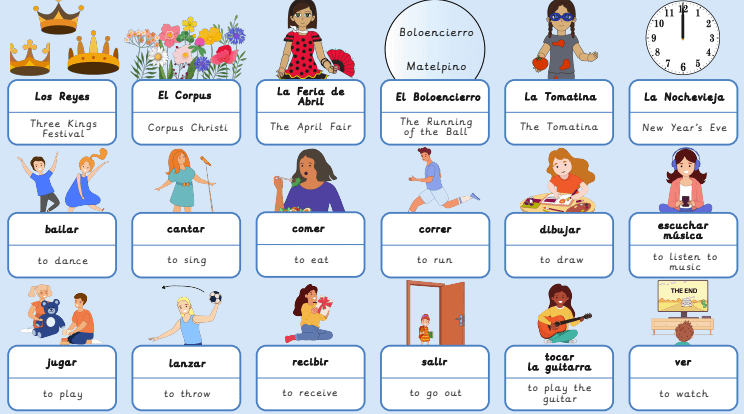Featured Document Type: Knowledge organiser
Knowledge organiser – Music Y3: Chord Pop
Knowledge organiser – Computing Y6: Exploring Python
Knowledge organiser – PSHE: How can we respect each other?
A Knowledge organiser that captures the essential knowledge and skills learnt throughout the unit PSHE, Year 4, How can we respect each other?
This resource is designed to support children as they explore what can help them feel safe and included. It highlights key vocabulary and practical information such how to nurture self-esteem, how to build trusting friendships; what to do when they see bullying and what stereotypes are. It is perfect for consolidating essential knowledge and fostering cross-cultural understanding.
PSHE scheme of work.
Year 3 and 4 PSHE scheme of work.

